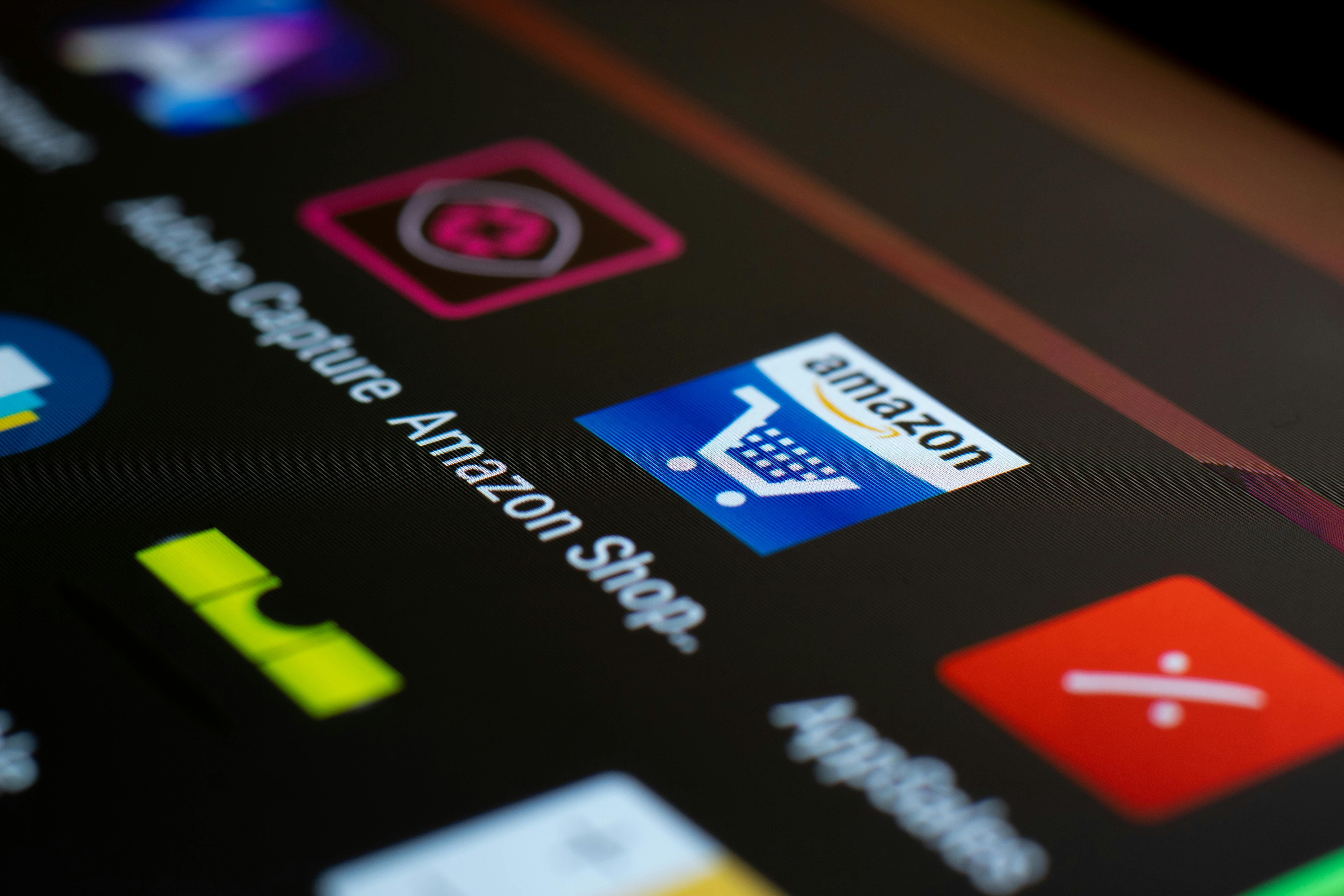Amazon’s Potential Move Into Internet Services: What We Know So Far
Introduction
Amazon, the e-commerce giant that has already transformed retail, logistics, and cloud computing, may be setting its sights on another frontier—internet services. Recent reports suggest that Amazon is exploring the possibility of offering high-speed internet, potentially entering the competitive broadband market. This move would allow Amazon to further integrate its ecosystem of services, including Amazon Prime, AWS (Amazon Web Services), and smart devices, by providing the infrastructure that connects them all.
In this article, we explore why Amazon is considering offering internet services, how they might implement this strategy, what type of internet they are looking to offer, and what this means for consumers and the broader internet market.
Why Is Amazon Considering Offering Internet?
There are several compelling reasons why Amazon may want to enter the internet services industry:
- Expanding Control Over Infrastructure: By offering internet services, Amazon could gain greater control over the infrastructure that powers its e-commerce platform, streaming services, and cloud solutions. Amazon already owns massive data centers and has one of the largest cloud computing networks in the world through AWS. Adding internet connectivity would give them end-to-end control over how content is delivered to consumers.
- Supporting Smart Devices and IoT: Amazon has been aggressively expanding into the smart home market with products like the Echo smart speakers and Alexa voice assistant. Offering internet services would allow Amazon to better support its growing ecosystem of Internet of Things (IoT) devices, ensuring reliable connectivity and seamless integration between devices.
- Competing with SpaceX and Starlink: Amazon may see an opportunity to compete directly with SpaceX’s Starlink, which has been rapidly deploying satellite internet services. By offering its own internet solution, Amazon could position itself as a rival in the emerging satellite broadband market, potentially targeting underserved or rural areas where traditional broadband options are limited.
- Unlocking New Revenue Streams: As Amazon continues to grow and diversify, offering internet services presents an opportunity for the company to tap into a lucrative market. With millions of potential customers already using Amazon’s services, the company could offer bundled deals that combine internet access with Prime Video, AWS, and other Amazon offerings, providing a compelling value proposition.
What Type of Internet Service Is Amazon Considering?
Amazon is reportedly planning to enter the market by offering satellite-based internet services. This approach would mirror the strategy used by Starlink, which provides high-speed, low-latency internet via a constellation of small satellites orbiting the Earth. Here’s what we know so far:
- Project Kuiper: Amazon has already launched an ambitious project called Project Kuiper, which aims to deploy 3,236 low Earth orbit (LEO) satellites to provide broadband internet across the globe. These satellites would be positioned closer to Earth than traditional geostationary satellites, allowing for faster data transmission and lower latency.
- Focus on Rural and Underserved Areas: Similar to Starlink, Project Kuiper is designed to bring high-speed internet to rural and underserved areas where traditional internet infrastructure—such as fiber-optic cables—is difficult and expensive to deploy. Amazon’s goal is to provide reliable internet access to millions of people who currently lack high-quality broadband options.
- High-Speed Broadband: Amazon’s satellite network would deliver broadband speeds comparable to or even faster than existing terrestrial internet services. While exact speed details have not yet been disclosed, the goal is to offer high-speed connections that are suitable for streaming, gaming, remote work, and other data-intensive activities.
- Affordability: Amazon has stated that it aims to make Project Kuiper an affordable solution for customers. The company is likely to leverage its extensive supply chain and technology infrastructure to keep costs low and competitive, which could help it attract a wide range of consumers, including those who have struggled with high internet prices from traditional providers.
When Will Amazon’s Internet Service Be Available?
As of now, there is no official launch date for Amazon’s internet service, but significant progress has been made:
- Satellite Launch Timeline: Amazon plans to begin launching its Project Kuiper satellites in the next few years. The company has already secured a deal with United Launch Alliance (ULA) to launch the satellites using the Atlas V rocket, with the first satellite launches expected as early as 2024. This suggests that consumers could start seeing the service roll out by the mid-2020s.
- FCC Milestones: The FCC’s approval of Project Kuiper comes with certain milestones that Amazon must meet to keep the project on track. By 2026, Amazon is required to have at least half of its planned satellite constellation operational, and the full deployment is expected to be completed by 2029.
- Pilot Programs: It’s possible that Amazon will conduct pilot programs in select areas before a full-scale launch, similar to how Starlink initially rolled out in rural parts of the United States. This would allow Amazon to test the system, gather feedback, and fine-tune its service before expanding to a larger market.
Amazon’s Long-Term Vision for Internet Services
Amazon’s foray into internet services fits into its broader vision of global connectivity and extending its reach across various industries. By building its own satellite broadband network, Amazon would be able to:
- Integrate with AWS and Cloud Services: AWS is a critical part of Amazon’s business, and by offering satellite internet, Amazon could extend AWS services to more remote areas. Businesses using AWS for cloud storage and computing would benefit from reliable internet connections, especially in areas where traditional broadband options are limited or nonexistent.
- Bundle Services for Consumers: Amazon could offer internet services as part of a bundle with its other offerings, such as Amazon Prime. Customers could receive discounts or special packages that include internet access, Prime Video, and smart home devices like Alexa.
- Enhance Global Reach: By providing global satellite internet coverage, Amazon could expand its services to parts of the world that have historically been underserved. This could include not only rural areas in developed countries but also developing nations where internet access is still limited.
Conclusion: Amazon’s Potential to Disrupt the Internet Market
Amazon’s move into internet services, driven by Project Kuiper, represents a bold step in its quest to dominate not just e-commerce but also the infrastructure that powers the digital economy. With a focus on satellite-based broadband, Amazon has the potential to compete with existing satellite internet providers like Starlink, while also offering new solutions for underserved and rural areas.
Though the timeline for full-scale deployment is still a few years away, the possibility of affordable, high-speed satellite internet from one of the world’s largest companies could disrupt the internet service market in ways we have yet to fully imagine. If successful, Amazon’s internet service could offer consumers more choices, better connectivity, and a more integrated online experience.
Order Now
Interested in learning more about upcoming internet services? Check out our top-rated providers here.





